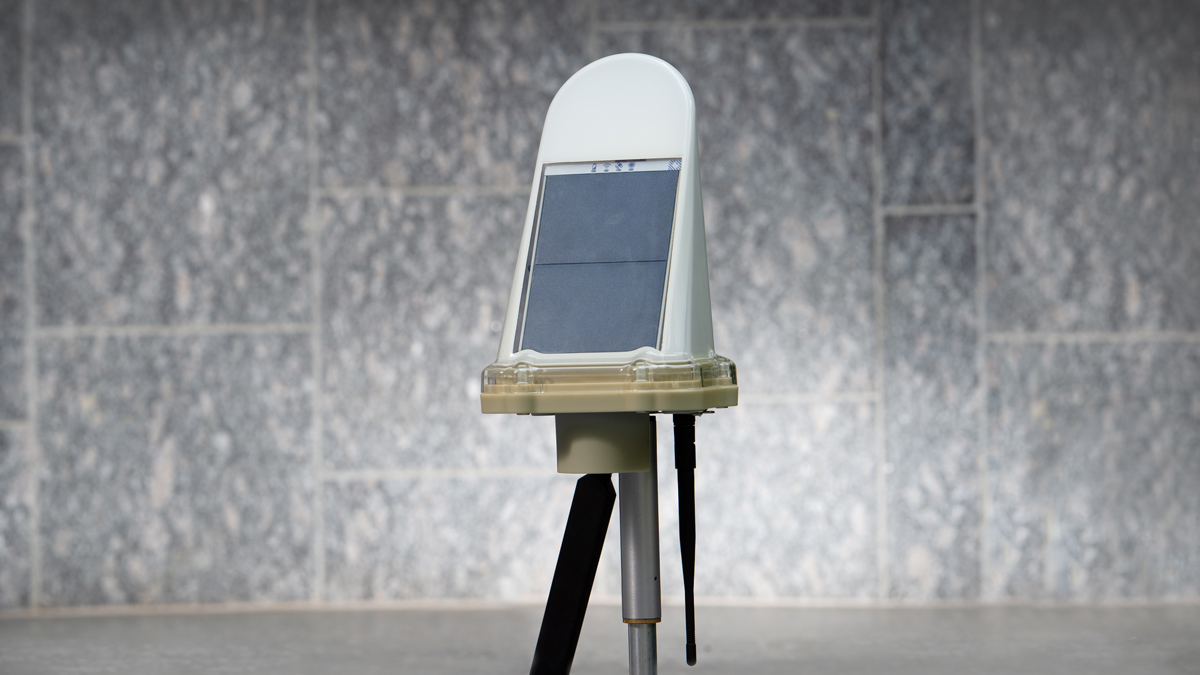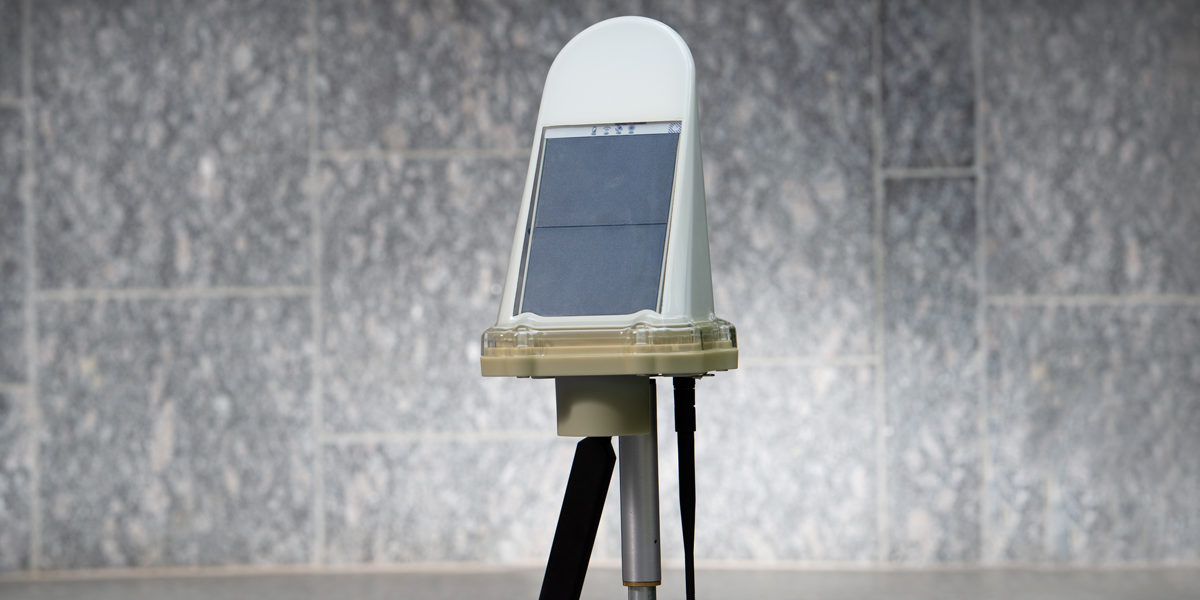Monitum
Kurloo: Monitoring the displacement impact on structures and surfaces

Research partner
Queensland University of Technology (QUT)
Total Project Value (AUD)
$4,726,531
IMCRC Funding (AUD)
$875,300
Start date
30/04/2019
Duration
3.5 years
Geospatial data is a critical component of every construction project, reducing risk and improving efficiencies. But gathering this data is often costly and labour intensive. And while some automated options exist, more affordable, simpler products are needed to enable broader uptake of precise positioning technology.
Monitum, in partnership with Queensland University of Technology (QUT), has developed a cost-effective Internet of Things (IoT) solution using low-medium-end Global Navigation Satellite System sensors and low-power wide-area networks.
According to Monitum’s Managing Director Lee Hellen, Monitum’s Australian made product will make precise positioning accessible and affordable, with applications across industries such as infrastructure, transport and mining.
“We’ve created a fully integrated smart device that is supported by a cloud processing and data analytics service. Together, they enable millimetre-precise deformation data to be obtained automatically, remotely and in near real-time,” he said.
Critical to delivering such an innovative outcome was the collective research competence provided by QUT’s project team, led by Professor Yanming Feng.
“Closely collaborating with a foresightful business like Monitum enables researchers to focus on technological challenges and achieve the expected outcome,” said Professor Feng.
“In this instance, we were able to work together as one team, and the project outcome is a testament to the importance of this effective collaboration.”
Raymond Johnson, Manager, Industry Engagement (Science and Engineering) at QUT, added that the successful research findings had strengthened the university’s credibility within the geospatial sector.
“QUT now has a persuasive case study in geospatial science to demonstrate its capability, allowing the university to undertake more diversified research in IoT and positioning technologies,” he said.
Throughout the collaboration, Monitum installed and tested the sensor devices across multiple environments including large scale infrastructure for the likes of Port of Brisbane and Queensland Rail. A leading geotechnical consultancy, Butler Partners, tested the sensors across three diverse environments and Australian electronics manufacturer, Intellidesign, assisted with the design and production.
In addition to the industry partnerships, Hellen identified IMCRC’s business model as key to supporting the fruitful project, as it incentivised university-industry collaboration and drove co-investment.
“By championing the project and being a hands-on advisor, IMCRC helped formalise our idea, kept us committed to the innovation, and ensured we were able to reach mutually beneficial outcomes,” he said.
“This enabled us to engage a local Australian manufacturer, giving greater design control and certainty of a local supply chain. Monitum can now offers customers a 100% Australian made product in a market currently dominated by overseas competitors.
“And by embracing Industry 4.0 technologies, we’ve been able to future-proof our business,” Hellen concluded.
Monitum will launch its new technology under the name Kurloo in June 2022.

This IMCRC project is an exemplar of how a small business with innovative ideas, passion and drive can partner with a leading university to transform its offering and create opportunities for Australia’s manufacturing sector.
Lee Hellen
Managing Director, Monitum

